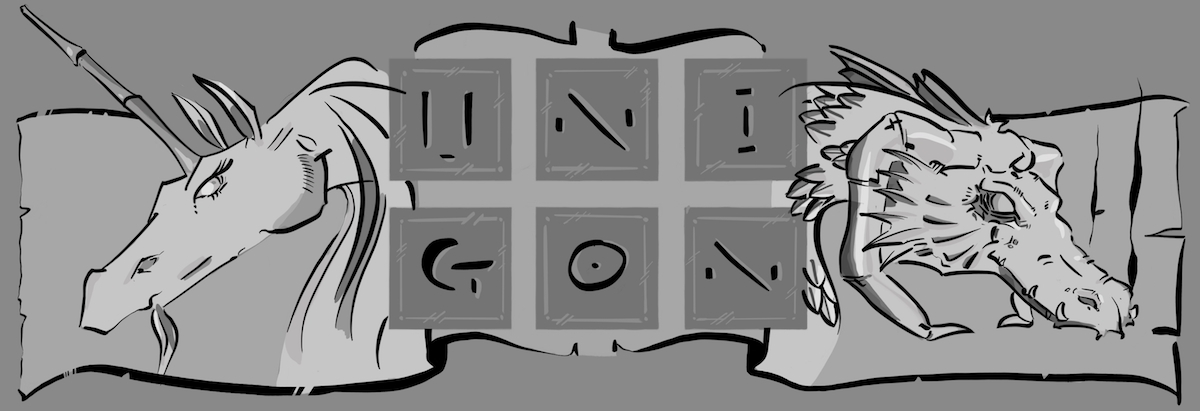Fuck Fate.
I am sure some will cringe reading that. And maybe those who do will think my use of the expletive “fuck” is offensive, or as a minimum you consider it (even me) crude. But it is not; nor am I. Although, I will concede to these people that for in sooth the sentence includes crudeness, albeit one of a more sublime sort, one that we so often use in our daily lives and yet never give much deep heed to its implications: fate. Fate is crude. Fuck Fate.
I have my sense for what Fate is and is not. And the neo-classical sense of the word is a cancer that rots the life and ruins the soul of people who conjoin themselves to it. Whenever we Hope (and we will get to that shitty word in a moment) that the gods or God or even three sisters sit somewhere eternal ordaining for us our destinies then we allow ourselves an opt-out clause from reality. Fate is not something decided for us, it is decided by us.
Fate, if there is such a thing to begot in this world then is merely the intersection of potentials turned into kinetic form: this is fate, not Fate. Two people meeting for the first time is representative of such an intersection. What they decide to do with that opportunity–or not to do as the case may be–is the whole measure and sum of fate.
In my desertion of Fate as some crippled, infirm of purpose denizen of ill-got nether-dreams, I implicitly declare to you that Life is not at about passively hoping for “sonorous moments when Time stops itself for us”; I instead declare that we must fully commit ourselves and exercise our Time on this Firmament to find for ourselves the things we need. Live our Life in the Now and only the Now, awaiting neither godly proclamation or Fate to make Heaven on Earth for us. Do the needful, even be the needful, but never be the needy.
And while we are on this topic. Fuck Hope. And fuck Despair, too.
Right on the heels of Fate is Hope. If there is nothing else to live in than the Now then there is no Hope, nor its dire sibling Despair. More precisely, there is no need for Hope or for Despair. These are both borne when we are unable, even unwillingly, to embrace Now as it is (and is not). It is only in that moment when we forsake both any resignation to our Past and fear for some indeterminable Future that we step fully into Now. And from this place–Now–that we will find neither room nor need for Hope or Despair.
Life has no memory of the former Nows, the things we collectively call Past. All those Nows exist separate and distinct to each other even as one Now leads to the next Now. Yes, the gestalt–the form of Now–is sum total of all previous Nows but it is so without sense of judgment or perspicacity. Future is not yet born as it were; more accurate it is to acknowledge that it is never ever really born. Future exists only as a concept, a conceit even, of the sentient mind that projects itself from this very Now onto some other Now not yet realized. Hope and Despair are then children who inhabit this Future we form from our very minds. Neither are real or necessary; their very existence is contingent upon us requiring a belief in some pre-ordained nature to the Universe–Fate. But without Fate and that unreality we call the Future we can eject fully from our Lives both Hope and Despair.
And thus this is how I awoke this morning feeling neither Hope nor Despair in Life. In the modern canon of Society it may seem to many that I awoke in a stupor, a resignation to the World around me. But this is the farthest thing from the Truth. I feel no Fear for the things I care most for nor or the people I Love. And trust you I believe I Love more truly than any other previous Now in my Life. It was only when I awoke this morning in the absence of Hope and Despair that I discerned that both Hope and Despair as stony buttresses to a prison that held me captivate to some Future I felt Fate might once engender on my behalf. Indeed there is still fate but no Fate; indeed there still is an infinite set of intersections in the Life that I have remaining. And I will decide upon them as they come, never before their time nor after in reflection, but only as I can, only as I meet them Now.
